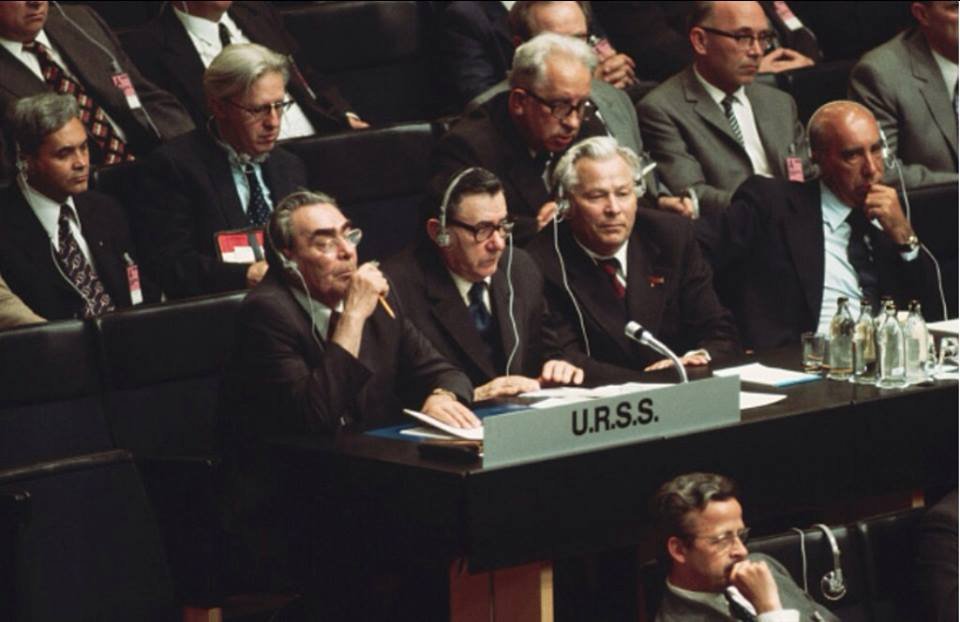|
The Helsinki Accords of 1975 marked a significant moment in the history of international relations, as 35 countries signed the agreement aimed at reducing tensions between the Eastern and Western blocs during the Cold War. The accords were praised for their commitment to human rights, border recognition, and the establishment of a framework for cooperation among nations. However, despite their successes, the Helsinki Accords had significant limitations that hindered their effectiveness in achieving their goals.
One limitation of the Helsinki Accords was the lack of enforcement mechanisms. Although the accords established a framework for monitoring and reporting on human rights abuses, they did not have any provisions for punishing countries that violated human rights. As historian Mark Kramer notes, "the accords lacked any effective means of enforcing their provisions." This lack of enforcement made it difficult to hold countries accountable for their actions, and many countries continued to violate human rights with impunity. Another limitation of the Helsinki Accords was the lack of participation by some key players. Most notably, China did not sign the accords, which limited their effectiveness in addressing human rights abuses in Asia. Additionally, some countries that did sign the accords, such as the Soviet Union, did not fully abide by their commitments. As historian Tony Judt explains, "the Soviets continued to engage in human rights abuses in their own country and in the countries they occupied." Finally, the Helsinki Accords did not address some of the underlying causes of tension between the Eastern and Western blocs. The accords did not address the issue of nuclear arms, which remained a significant source of tension throughout the Cold War. Additionally, the accords did not address the issue of economic inequality, which was a significant factor in the Cold War. As historian Mary Elise Sarotte notes, "the Helsinki Accords did not address the underlying issues that created tension between the Eastern and Western blocs, such as nuclear arms and economic inequality." In conclusion, the Helsinki Accords of 1975 had significant limitations that hindered their effectiveness in achieving their goals. The lack of enforcement mechanisms, the absence of key players, and the failure to address underlying issues all contributed to the limitations of the accords. However, despite these limitations, the Helsinki Accords remain an important milestone in the history of international relations, highlighting the importance of cooperation, dialogue, and human rights in building a more peaceful world. As historian Mark Kramer notes, "the Helsinki Accords were imperfect, but they represented a step forward in the quest for peace and cooperation among nations."
0 Comments
Leave a Reply. |
Categories
All
Archives
April 2024
|

 RSS Feed
RSS Feed